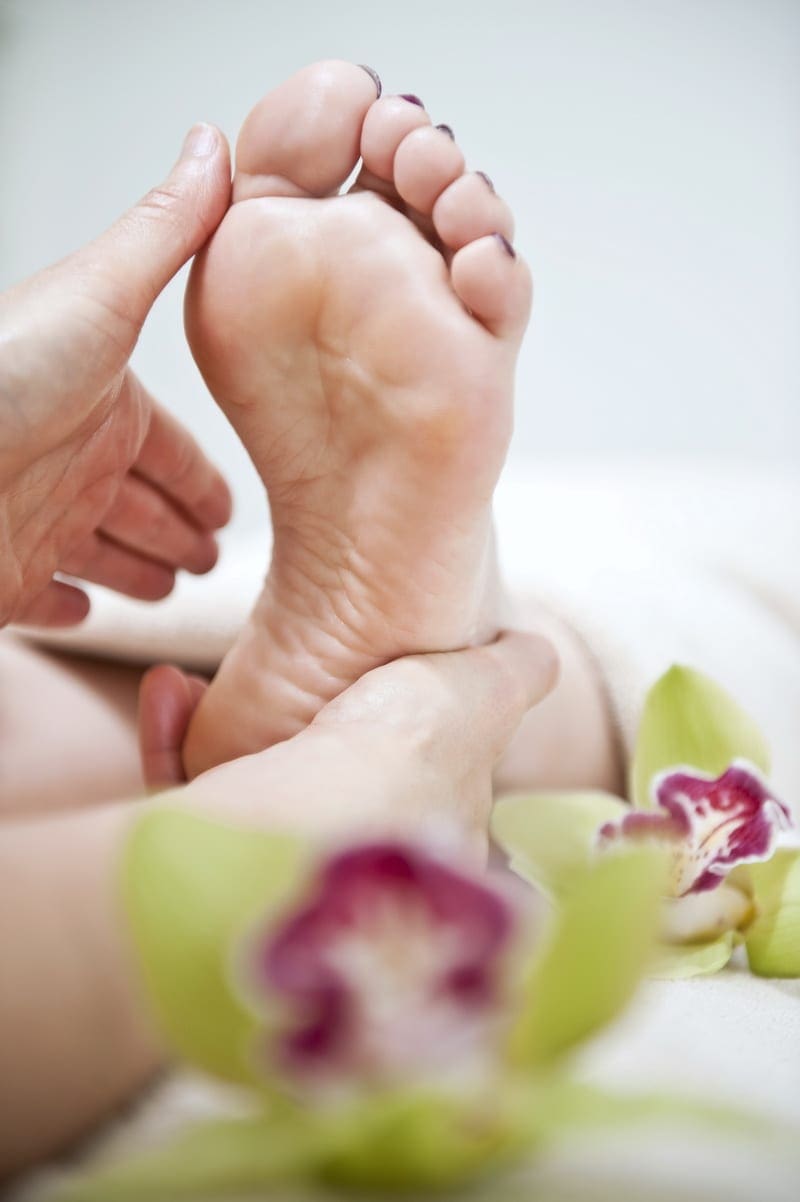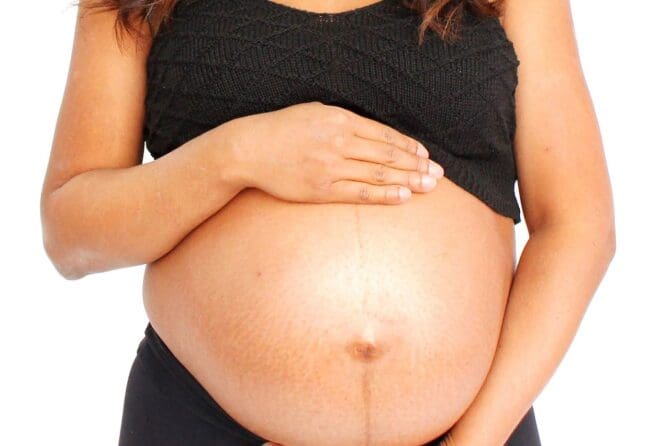The Human Parvo Virus B19 Infection is present in every location. One of the symptoms of this disease can be called fifth disease, a common infection experienced during childhood or adolescence. The National Center for Infectious Diseases has estimated that about 50 percent of all adults have experienced the fifth disease after recovering from it. Additionally, an adult will most likely develop immunity against further attacks of the B19 parvovirus after this recovery period.
A woman who is pregnant can acquire the B19 parvovirus. This occurrence is usually not life-threatening since many pregnant women are already immune to the virus. This immunity will protect the unborn child. But sometimes, a pregnant woman may become easily fatigued and have mucus discharges from her nose so vigilance is still needed and it’s important to seek treatment. Women who are known carriers of the B19 parvovirus are safe for their babies in case of close contact, however there are no serious B19 parvo virus symptoms that could endanger lives of both mother and child. The B19 was never linked to mental retardation or any birth defects.
There have been cases of pregnant women who, after being infected by the parvovirus B19, suffered miscarriage in the first half of their pregnancies. The cause is severe anemia in the unborn baby. The National Center for Infectious Diseases has estimated that a staggeringly small number of pregnant women infected with the virus suffer miscarriage: about 5% of all B19-infected pregnant women…
Pregnant women who have been exposed to the B19 parvovirus should immediately visit their personal doctor and relay that they were exposed. The physician will usher her into a room where she will be presented with a few different blood tests. One blood test checks for B19, however other tests might check for other things as well depending on what is necessary at the time.
The mother carrying a child is already immune to B19 parvovirus and so far is not suffering any infection. The presence of the virus does not compromise her immune system or cause her any distress.
The expectant mother contracted a recent parvovirus B19 infection, probably within the last three months. She will need to have her pregnancy closely monitored during that time period. There are no specific steps established to satisfy a pregnant woman in this situation due to the fact that unique cases of this sort demand unique responses. The doctor can use ultrasounds and other methods of measuring fetal development to make sure everything is on track as it should be, however.
For pregnant women suffering from a parvovirus infection, immunity is crucial because the disease is transmitted by means of direct contact with contaminated surfaces. Pregnant women who are infected with the B19 parvovirus will lose their child without fail. The virus spreads via body fluids and can be transmitted during birth or through close skin-to-skin contact with an infected person.
If a pregnant woman acquires parvo, she knows that it will affect her unborn child. The best approach is to stand by and monitor the symptoms and wait for the immune system to kick in. If she exhibits signs of anemia, the doctor will check for prompt results and do what’s necessary to help the baby stay healthy until all signs have disappeared from both mother and child.











